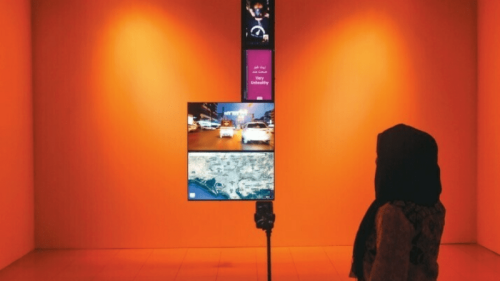Projects in Iran, Pakistan can complement each other: China

BEIJING: China does not see the recent move by Iran in collaboration with Afghanistan, and with financial support from India, to develop the port and road network at Chabahar for expanding regional trade as an attempt to undermine the Gwadar port project or the China-Pakistan Economic Corridor (CPEC). In fact, Chinese Prime Minister Li Keqiang is convinced that the projects have the potential to complement each other in boosting the otherwise sluggish economies of the region.
In an interaction with a group of Asian newspaper editors, Premier Li said the economic crises in Asia as well as in the rest of the world could be countered by encouraging and supporting each of the regional countries in taking effective measures.
Rejecting the notion that the Chabahar project could be an irritant to China’s ambitious ‘one belt, one road’ project that plans to connect over two dozen countries for the purpose of trade, he said Beijing might even like to benefit from it. “And I think other countries should also consider doing the same,” he said, because economic progress in the region could only come through mutual understanding of “our shared goals and objectives”.
Li Keqiang says China will never seek hegemony nor will it bully any country
The Chabahar project has lately been a topic of intense discussion in Pakistan, where some believe it is in response to CPEC, and a few have gone to the extent of declaring it a security threat to Pakistan.
During the meeting, the discussion largely focused on China being perceived by many as the new ‘superpower’ and a ‘regional bully’ vis-a-vis its stated policy on the South China Sea controversy, and conflicts with some of the ASEAN and other regional states.
Premier Li not only denied this impression, he was quite categorical in stating that China did not have any such ambitions. “There are no grounds for China to become a superpower, and neither does China have the ambition to become one.”
While downplaying the widely held view that China wanted soon to take centre stage as an economic powerhouse and a superpower, Mr Li expressed the view that his country had a long way to go to realise the goals of modernisation.
He went on to say that even if China did achieve modernisation in the coming decades, Beijing would not seek hegemony, and nor would it bully any country, however small that country was in terms of population or landmass.
He did admit that differences existed on certain issues between China and some of the regional countries, but said none of them were serious enough to be a cause of concern. “Just as a person might accidentally bite his lips, it is only natural that neighbours will have differences,” he said. “But the key is to address such issues in a calm and diplomatic way.
“The common interests among China and its neighbours are way greater than disparities, and we can always optimise the common interests and better manage our differences.”
Published in Dawn, June 2nd, 2016













































